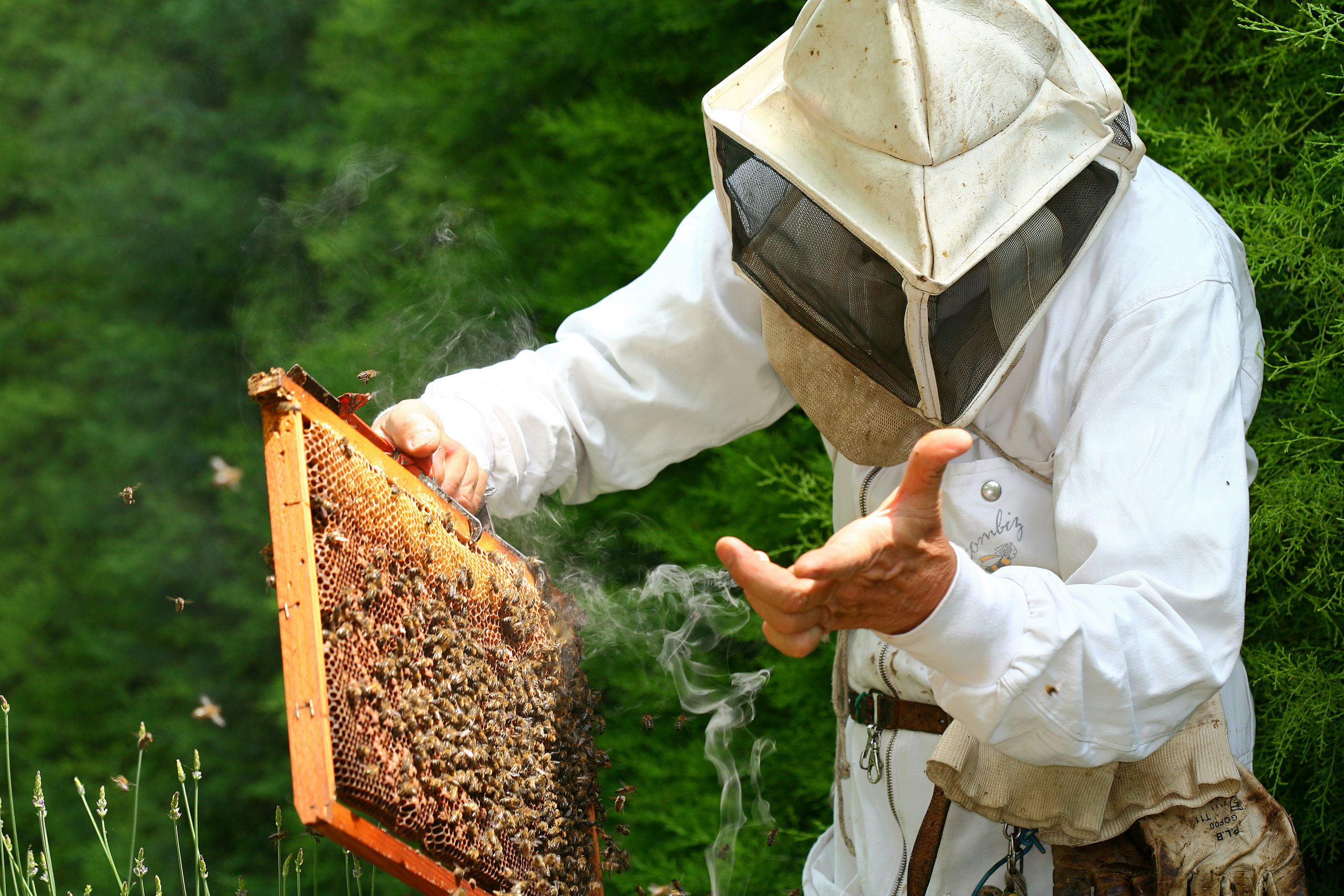Huntly Area Latest to See Theft of Beehives
June 20, 2015
Eight Hives Stolen from Huntly Area Last Week
According to police, eight beehives were stolen from a Huntly address worth approximately $500 each, equally $4,000 of stolen hives – it is unclear if any bees were present in the hives. The hives were originally dropped off at a compound in Glen Murray at the end of May and when the owner returned two weeks later, they hives were gone. In an article posted on Stuff.CO.NZ, Cameron Martin, Waikato president of the National Beekeepers Association of New Zealand said, "If anyone was really wanting to pinch anything of value and knew there were no bees in them, they wouldn't waste their time."
This is not the first case of beehive theft - back in April, another beekeeper was robbed of upwards of thousands of dollars in hives. Many beekeepers are blaming the thefts on the increasing cut-throat nature of the industry. "There's been an increase in the popularity of beekeeping in New Zealand," Martin said. "The high end Manuka honey is fetching good prices and if people are wanting a source of bees to capture that in the following season, it saves them having to do the hard work themselves."
At this time, it is unclear who the thieves are but if the individuals were not experienced working with bees, it is possible that they would have suffered many bee stings while moving the hives. During this time of year it is possible for there to be between 20,000 and 30,000 bees present in each hive. "If they were experienced people they would definitely know how to calm the bees down and transport them. The bees will come out of the entrance very quickly and at night time, they'll use any cracks or holes."
It is likely the hives were stolen during the nighttime hours for a few reasons. First, there were likely less people driving by the area during the nighttime hours and secondly, bees are more likely to fly and swarm around the hive during daylight, making it much harder to move the hives without sustaining substantial bee stings in the process. During the evening and nighttime hours, the bees are much more docile and would likely either stay inside the hive or crawl out and onto the individual moving the hive.
When hives are stolen from experienced beekeepers, there is always a concern about how the bees will be treated once the hives have been removed. "You'd hope they wouldn't let the bees starve or get diseases, which could pose a problem for the neighboring bee hives in the area," Martin explained. "With the right equipment, it would only take two people, if they were fast, about 10 minutes to take eight hives." Huntly Police are continuing to search for the individuals responsible for the theft.


.jpg)



